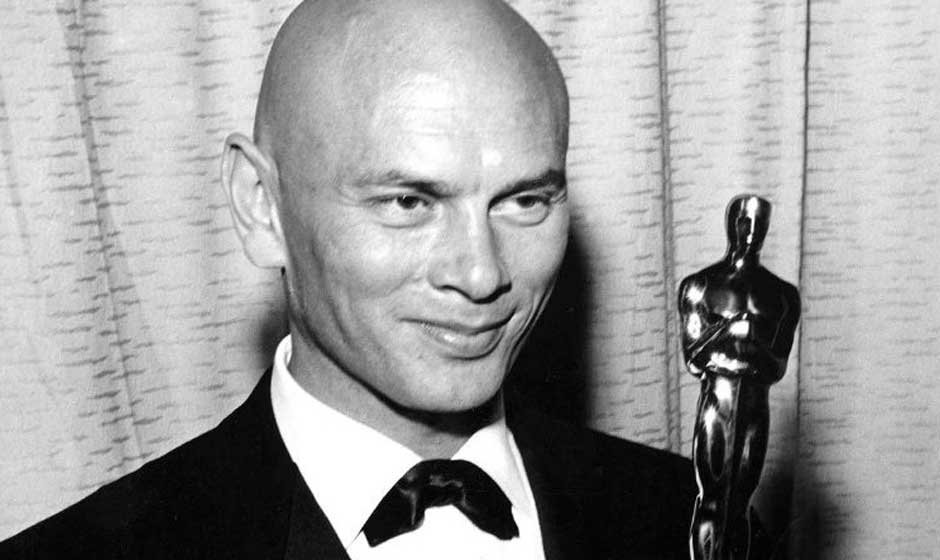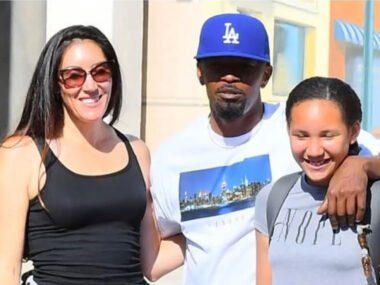Picture this: a completely bald man in ornate royal robes, standing center stage with an authority that could silence a thousand-seat theater. That image belongs to Yul Brynner, one of the most distinctive performers in entertainment history.
You’ll Brynner might sound like a casual way to refer to this legendary actor, but there was nothing casual about his impact on American theater and cinema. Born Yuliy Borisovich Briner in 1920, this Russian-born performer would become forever linked with one of Broadway’s most iconic roles.
The Iconic Bald King of Stage and Screen
Let’s be honest—Yul Brynner’s bald head was probably the first thing people noticed about him. But here’s the thing: what started as a practical choice for “The King and I” became his signature look. In the 1950s, when every leading man had a full head of perfectly styled hair, Brynner’s shaved dome made him stand out like a beacon.
That voice, though. Rich and commanding, it could reach the back row of any theater without a microphone. When Brynner spoke, people didn’t just listen—they hung on every word. There was something almost hypnotic about the way he delivered his lines.
“The King and I” wasn’t just a role for Brynner; it became his calling card. Think about it: 4,625 performances over 34 years. That’s not just dedication—that’s obsession in the best possible way.
From Russian Aristocracy to Worldwide Exile
Brynner’s story reads like something out of a novel. Born into wealth in Vladivostok, his family had everything—until they didn’t. The Russian Revolution swept away their comfortable life faster than you could say “bourgeoisie.”
His mother, Maria, made a gutsy decision in 1927. Pack up the kids and get out of Russia. First stop: China. Young Yul found himself in a YMCA school in Harbin, probably wondering how his life had taken such a dramatic turn.
Paris came next, and this is where things get interesting. Teenage Yul wasn’t sitting around feeling sorry for himself. He picked up a guitar and started performing in nightclubs. Talk about making the best of a bad situation.
Here’s where Brynner’s storytelling skills come in. Throughout his life, he loved spinning tales about his background. Mongolian father? Sure. Born on Sakhalin Island? Why not? The truth was dramatic enough, but Brynner understood that a little mystery never hurt anyone’s career.
The Making of a Broadway Legend
Before you’ll Brynner became a household name, he tried his hand at various artistic pursuits. Trapeze artist in France? Absolutely. The man wasn’t afraid to take risks, and that fearlessness would serve him well in his acting career.
When he landed in America in 1941, success didn’t come overnight. His Broadway debut in “Twelfth Night” was fine, but it was “Lute Song” in 1946 that really got people talking.
Then came 1951 and the audition that changed everything. Mary Martin recommended Brynner for “The King and I,” and honestly, it’s hard to imagine anyone else in that role now. His interpretation of King Mongkut was something special—regal but vulnerable, commanding yet childlike.
The critics went wild. Audiences couldn’t get enough. And Brynner? He won a Tony Award and found his life’s work all in one fell swoop.
Hollywood Stardom and Iconic Film Roles
After conquering Broadway, Brynner set his sights on Hollywood. The 1956 film version of “The King and I” paired him with Deborah Kerr, and the chemistry was electric. That Academy Award for Best Actor? Well-deserved.
But here’s what I love about Brynner—he refused to play it safe. That same year, he’s playing Rameses II in “The Ten Commandments.” Talk about range. From the compassionate King of Siam to the ruthless Egyptian pharaoh, Brynner proved he could handle any kind of royalty.
“The Magnificent Seven” in 1960 showed yet another side of his talent. Chris Adams, the cool-headed gunslinger leading a ragtag group of fighters, became an instant classic. Brynner’s performance set the template for action heroes that we still see today.
The man kept surprising audiences well into the 1970s. “Westworld” in 1973? He’s playing an android gunslinger, and somehow making it work perfectly. That’s the mark of a truly versatile actor.
The Man Behind the Mystique
Brynner’s personal life was every bit as dramatic as his on-screen roles. Four marriages, five children, and romantic entanglements with some of Hollywood’s biggest stars. Marlene Dietrich, Judy Garland, Joan Crawford—the man certainly had good taste.
What’s really impressive is how he balanced his career with fatherhood. His son Rock, daughters Lark, Victoria, Mia, and Melody—he was devoted to all of them. The two Vietnamese girls he adopted with his third wife show a man with a big heart.
Photography and writing were his other passions. His book “Bring Forth the Children” showcased his humanitarian side, while “The Yul Brynner Cookbook” revealed his love of good food. The man had layers.
That mysterious persona? Totally deliberate. Brynner understood that in Hollywood, a little enigma goes a long way. He’d tell different versions of his life story to different people, not to deceive, but to entertain. It was all part of the performance.
A Record-Breaking Career Dedication
Here’s what sets Brynner apart from every other actor: his commitment to “The King and I” never wavered. After his initial Broadway run, he could have walked away. Instead, he kept coming back to the role that made him famous.
Think about the physical demands. Eight shows a week, intense emotional scenes, maintaining that commanding presence night after night. Most actors would burn out, but not Brynner.
4,625 performances. Let that number sink in. That’s not just a career—that’s a love affair with a character that lasted over three decades.
His final performance in 1985, just months before his death from lung cancer, was both heartbreaking and inspiring. Even facing his own mortality, Brynner honored his commitment to the role and his audiences.
Legacy of a Cultural Icon
You’ll Brynner’s impact goes way beyond entertainment. As one of the first major Russian-American stars, he helped bridge cultural gaps during some pretty tense times in U.S.-Soviet relations.
He showed future actors that being different could be an advantage. That bald head, that mysterious background, that commanding presence—these weren’t obstacles to overcome but assets to embrace.
His anti-smoking campaign in his final years hit hard. “Now that I’m gone, I tell you: Don’t smoke,” he said in those public service announcements. Even in death, he was trying to help people.
The honors piled up during his lifetime—Hollywood Walk of Fame, Grauman’s Chinese Theatre, countless awards. But his real legacy is the standard he set for total dedication to one’s craft.
Today, decades after his death, Yul Brynner remains the definitive King Mongkut. His approach to acting—that perfect blend of technical skill and magnetic personality—continues to inspire performers around the world.
In an industry that’s always chasing the next big thing, Brynner’s career reminds us that true greatness comes from finding your calling and pursuing it with everything you’ve got. That’s a lesson worth remembering, whether you’re on stage, on screen, or just trying to make your mark in whatever field you choose.










